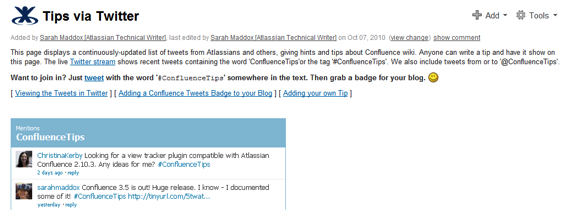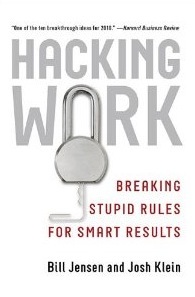The news from Dice.com is that tech talent poaching will increase this year, according to hiring managers and recruiters.
Here’s an excerpt:
“In a recent Dice study, more than half (54%) of hiring managers and recruiters anticipate that tech talent poaching will get more aggressive this year, while, just three percent of respondents expect a let-up. That expectation is amplified when you look at hiring managers toiling in the technology or consulting industries, with 62 percent saying talent skirmishes will get more aggressive, against one percent in the less aggressive camp.”
This latest report is U.S. based. In British Columbia, the BC Technology Industry Association (BCTIA) report on labour trends released last year predicted that high-tech companies may face a shortage of workers again, similar to the situation we experienced in 2007 and 2008.
In my opinion, the Dice report may end up being true in certain markets, like Silicon Valley. But I’d be surprised if there are “talent skirmishes” across the U.S. and Canada. In B.C, there appears to be a steady stream of jobs, though I don’t see a shortage of workers occurring, at least in 2011.



 I have worked as a
I have worked as a